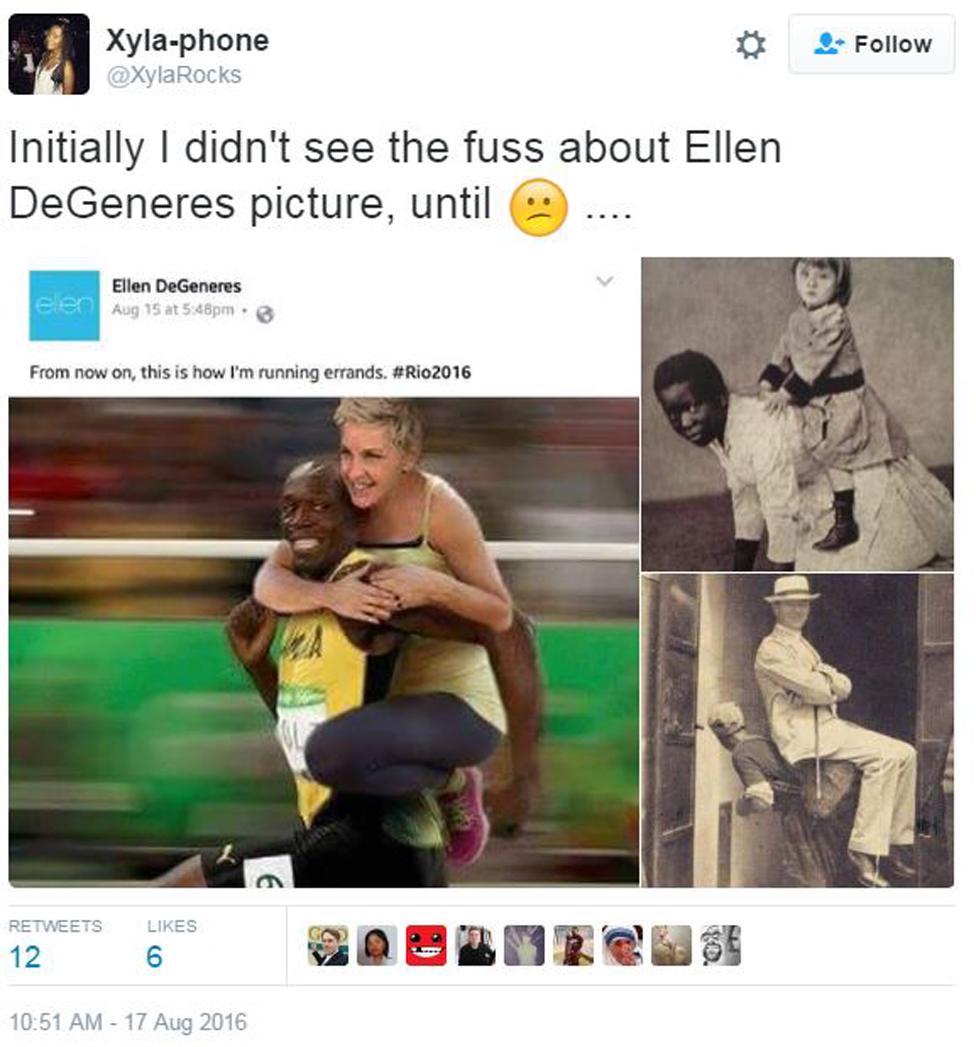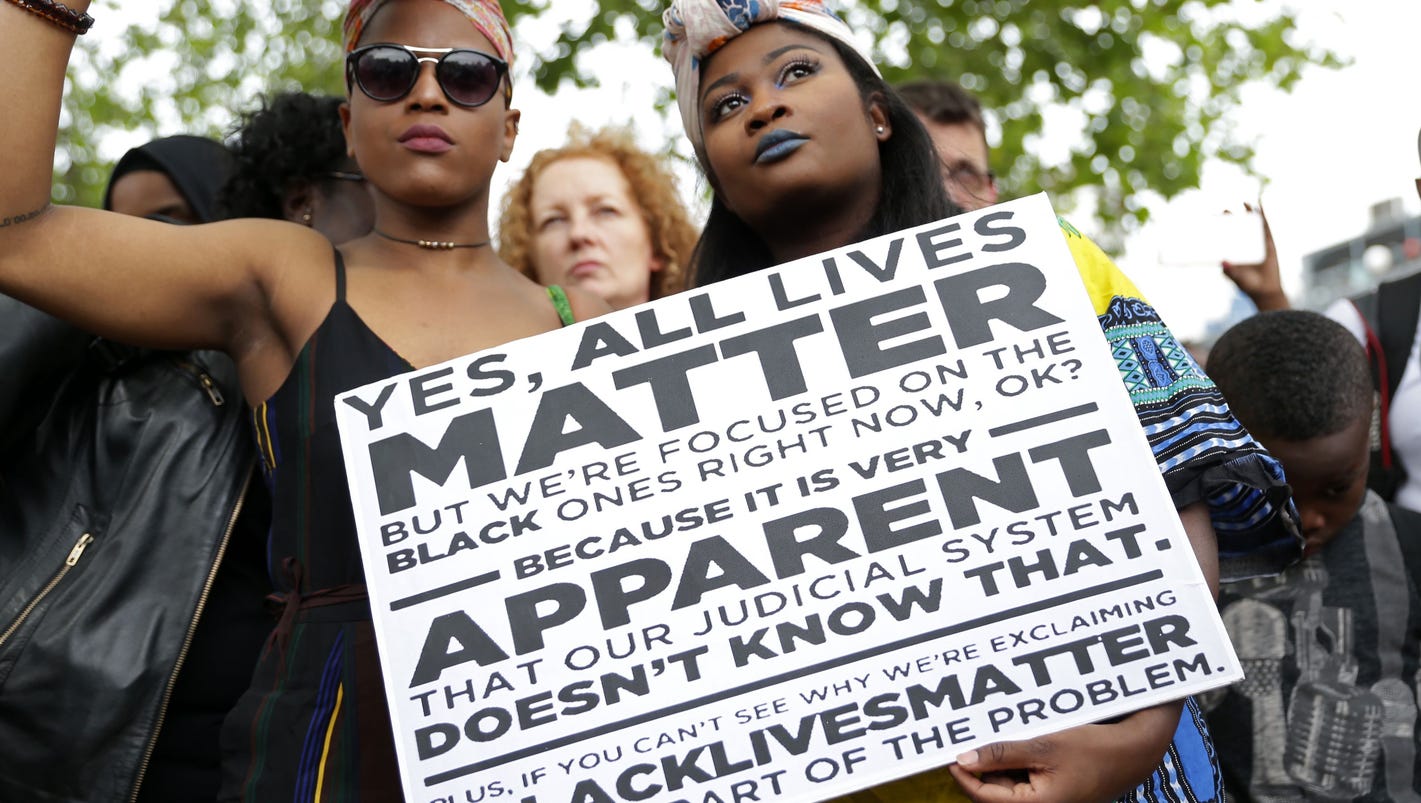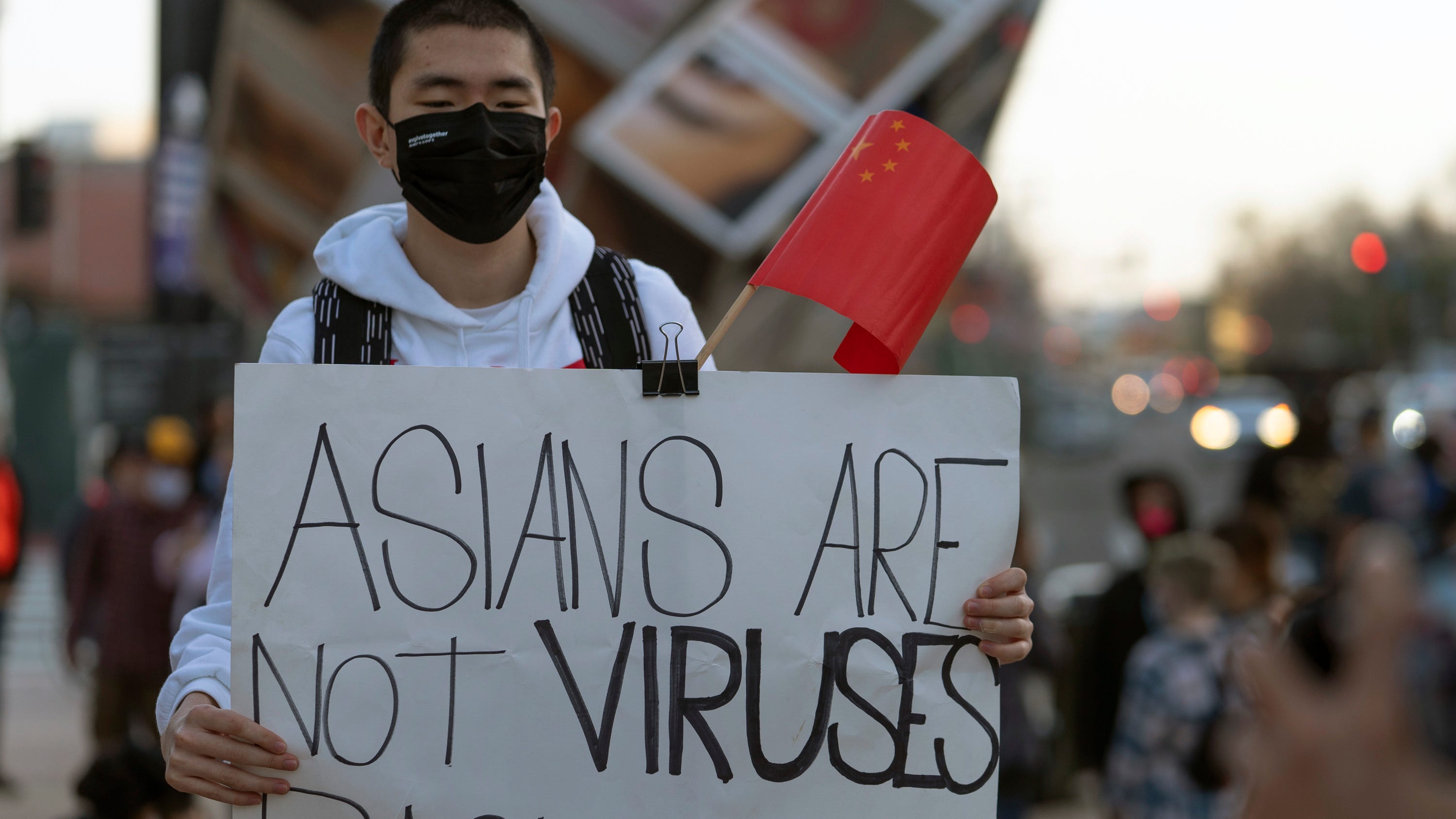Racist Jokes: Why They’re Harmful And How We Can Do Better
Listen up, folks. Racist jokes are more than just a few words strung together to get a laugh. They carry weight, they carry history, and they carry pain. And in this day and age, it’s crucial to understand why they’re not just harmless banter but a reflection of deeper societal issues. If we want to move forward as a society, we need to unpack the harm these jokes cause and figure out how to do better.
You might be thinking, “What’s the big deal? It’s just a joke!” But here’s the thing: humor is powerful. It shapes how we see the world, how we interact with others, and how we perceive different cultures and communities. When we laugh at racist jokes—or even tolerate them—we’re reinforcing stereotypes and perpetuating inequality. And that’s not something we should take lightly.
This isn’t about canceling humor or being overly sensitive. It’s about recognizing the impact of our words and actions. In this article, we’ll dive deep into why racist jokes are harmful, the psychology behind them, and how we can create a more inclusive and understanding world. So, grab a cup of coffee, and let’s have this conversation.
Read also:How To Use Ssh Remote On Mac For Free A Comprehensive Guide
Table of Contents
- What Are Racist Jokes?
- Why Are Racist Jokes Harmful?
- The Psychology Behind Racist Jokes
- Impact on Society
- Examples of Racist Jokes
- How to Address Racist Jokes
- Alternatives to Racist Jokes
- Role of Media in Perpetuating Racist Jokes
- How to Foster Inclusive Humor
- Conclusion: Moving Forward
What Are Racist Jokes?
Let’s start with the basics. Racist jokes are any form of humor that relies on racial stereotypes, prejudices, or discrimination to get a laugh. They often target specific groups based on their race, ethnicity, or cultural background. These jokes can range from subtle digs to outright offensive statements, but one thing’s for sure—they’re not harmless.
Now, you might hear people say, “It’s just a joke! Don’t be so sensitive.” But here’s the kicker: humor isn’t neutral. It carries meaning, and when that meaning reinforces harmful stereotypes, it becomes problematic. Racist jokes aren’t just about making people laugh; they’re about maintaining power dynamics and perpetuating inequality.
Defining Racist Jokes
So, how do we define a racist joke? It’s any joke that:
- Relies on racial stereotypes to get a laugh.
- Perpetuates harmful narratives about a particular group.
- Creates or reinforces a sense of superiority or inferiority based on race.
Think about it this way: if the punchline depends on mocking someone’s race or culture, chances are it’s a racist joke. And no matter how “light-hearted” it seems, it’s still contributing to a culture of exclusion and division.
Why Are Racist Jokes Harmful?
Okay, so we’ve established that racist jokes exist. But why are they so harmful? Let’s break it down. First off, they normalize discrimination. When we laugh at jokes that rely on racial stereotypes, we’re sending a message that those stereotypes are acceptable—or even funny. And that’s a slippery slope.
Second, racist jokes can have real-world consequences. They contribute to a culture of bias and prejudice, which can lead to discrimination in hiring, education, and even law enforcement. And for the people on the receiving end of these jokes, the impact can be devastating. It can make them feel marginalized, devalued, and unsafe.
Read also:Comprehensive Guide To Remoteiot Web Ssh Server Tutorial
Psychological Impact
Research shows that exposure to racist jokes can have a negative impact on mental health. For people of color, hearing these jokes can lead to feelings of anxiety, depression, and low self-esteem. And for those who tell the jokes, it can reinforce harmful biases and make them less empathetic to the experiences of others.
So, yeah, it’s not just about “having a sense of humor.” It’s about recognizing the real harm that these jokes can cause.
The Psychology Behind Racist Jokes
Now, let’s talk about why people tell racist jokes in the first place. Is it just about being funny, or is there something deeper going on? Turns out, there’s a whole lot of psychology behind it. For some, racist jokes are a way to assert dominance or feel superior to others. For others, they’re a way to cope with discomfort or uncertainty about race and diversity.
But here’s the thing: humor is a reflection of our values and beliefs. When we use racist jokes, we’re revealing our biases and prejudices. And that’s not something we should be proud of. Instead, we should be striving to create a world where humor brings people together, not tears them apart.
Why Do People Laugh?
And then there’s the question of why people laugh at racist jokes. Is it because they genuinely find them funny, or is it because they’re afraid of speaking up? The truth is, laughter can be a form of compliance. When someone tells a racist joke, others might laugh to avoid conflict or to fit in. But that doesn’t mean they actually find it funny—or that it’s okay.
Impact on Society
Racist jokes don’t exist in a vacuum. They’re part of a larger system of inequality and discrimination. When we allow these jokes to go unchecked, we’re contributing to a culture that tolerates racism and marginalizes certain groups. And that’s not the kind of society we should be striving for.
Think about it: if we want to create a world where everyone feels valued and respected, we need to start by addressing the harm caused by racist jokes. That means calling them out when we hear them, educating others about their impact, and working to create a more inclusive culture.
Creating Change
Change starts with awareness. By recognizing the harm caused by racist jokes, we can begin to dismantle the systems that perpetuate them. And that’s not just about individual behavior—it’s about creating a society that values diversity, equity, and inclusion.
Examples of Racist Jokes
So, what do racist jokes actually look like? Here are a few examples:
- “Why do Asians always carry chopsticks? Are they scared they’ll run out of forks?”
- “Why are black people so good at basketball? Because they’re practicing for when they have to run from the cops.”
- “Why do Mexicans always carry ladders? Because they’re trying to climb the border wall.”
See the problem? These jokes rely on harmful stereotypes and perpetuate discrimination. And that’s not okay.
How to Address Racist Jokes
So, what can we do when we hear a racist joke? First, take a deep breath. It’s not easy to call someone out, especially if they’re a friend or family member. But it’s important to address the issue in a calm and respectful way.
Here are a few tips:
- Explain why the joke is harmful.
- Share your own experiences or feelings about the joke.
- Encourage the person to think critically about their words and actions.
Remember, the goal isn’t to shame or embarrass the person—it’s to educate and create understanding.
Difficult Conversations
Having these conversations isn’t always easy, but it’s necessary. It’s about creating a space where people feel safe to ask questions, share their perspectives, and learn from one another. And that’s how we create real change.
Alternatives to Racist Jokes
So, if we’re not supposed to tell racist jokes, what kind of humor is okay? The good news is, there are plenty of ways to be funny without relying on harmful stereotypes. Think about using wordplay, satire, or observational humor instead. These forms of humor can be just as entertaining—and they don’t come with the baggage of racism.
Here are a few examples:
- “Why don’t scientists trust atoms? Because they make up everything!”
- “Why did the scarecrow get promoted? Because he was outstanding in his field!”
- “Why don’t skeletons fight each other? They don’t have the guts!”
See? You can still get a laugh without hurting anyone in the process.
Role of Media in Perpetuating Racist Jokes
The media plays a huge role in shaping our perceptions of race and humor. From TV shows to movies to social media, we’re constantly exposed to representations of different cultures and communities. And unfortunately, not all of these representations are positive.
When the media perpetuates racist jokes, it reinforces harmful stereotypes and contributes to a culture of discrimination. That’s why it’s so important for creators to be mindful of the messages they’re sending and to strive for more inclusive and respectful portrayals.
Media Responsibility
Media outlets have a responsibility to create content that reflects the diversity of our world. That means avoiding racist jokes and stereotypes and instead focusing on stories that celebrate different cultures and experiences. And as consumers, we have a responsibility to support media that aligns with our values.
How to Foster Inclusive Humor
So, how do we create a culture of inclusive humor? It starts with education. We need to teach people about the impact of their words and actions and encourage them to think critically about the jokes they tell. We also need to celebrate humor that brings people together rather than tearing them apart.
Here are a few ways to foster inclusive humor:
- Encourage open and honest conversations about race and humor.
- Support comedians and creators who use their platform to promote diversity and inclusion.
- Challenge yourself and others to think outside the box when it comes to humor.
Conclusion: Moving Forward
Alright, let’s wrap this up. Racist jokes are more than just words—they’re a reflection of deeper societal issues. They perpetuate stereotypes, reinforce inequality, and harm individuals and communities. But the good news is, we have the power to change that. By recognizing the harm caused by racist jokes and working to create a more inclusive culture, we can make a real difference.
So, what can you do? Start by educating yourself and others about the impact of racist jokes. Call them out when you hear them, and strive to create humor that brings people together rather than tearing them apart. And remember, humor is powerful—but it’s up to us to decide how we use it.
Let’s make a commitment to do better—not just for ourselves, but for everyone around us. Because at the end of the day, laughter should be something that unites us, not divides us. And that’s a goal worth striving for.


